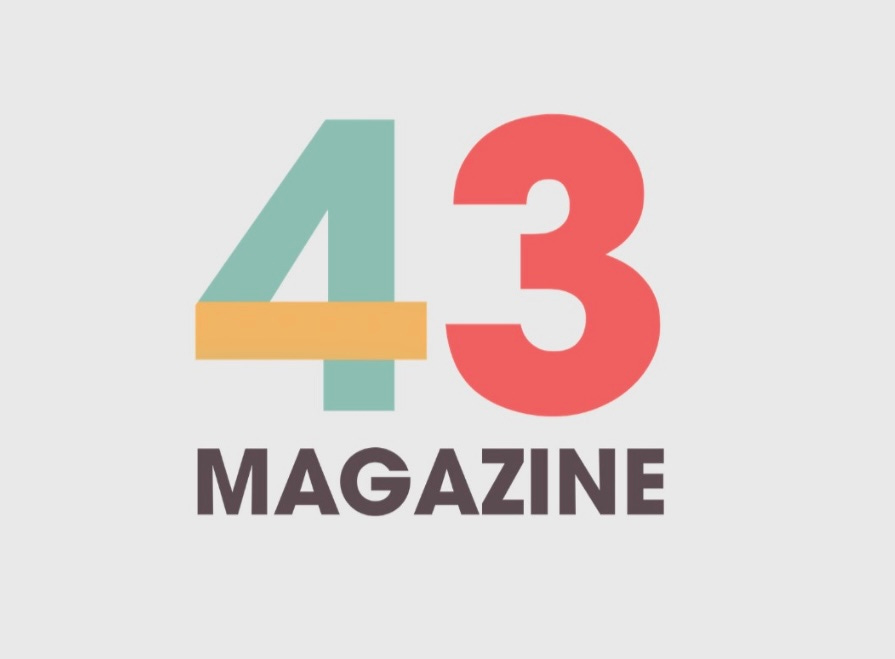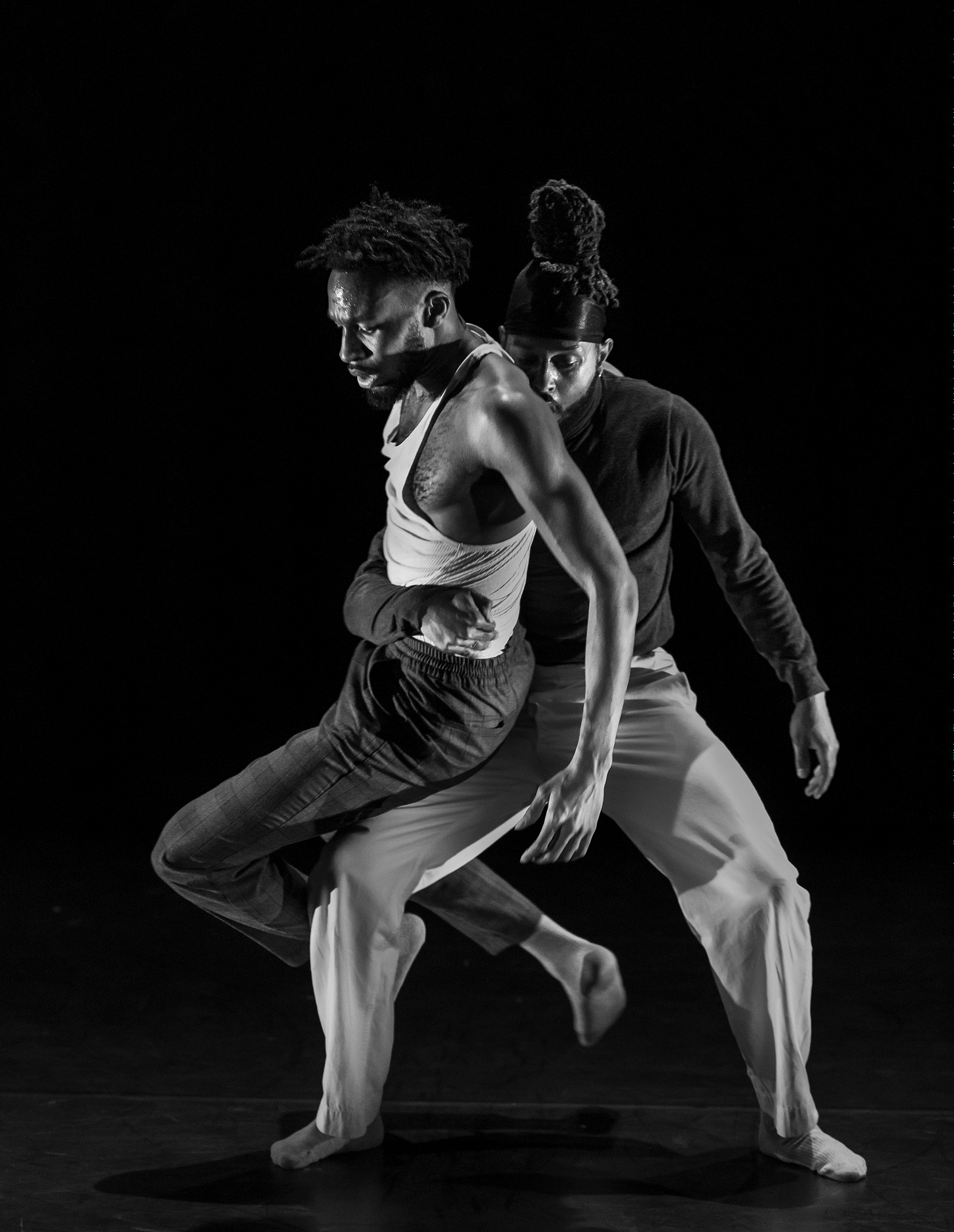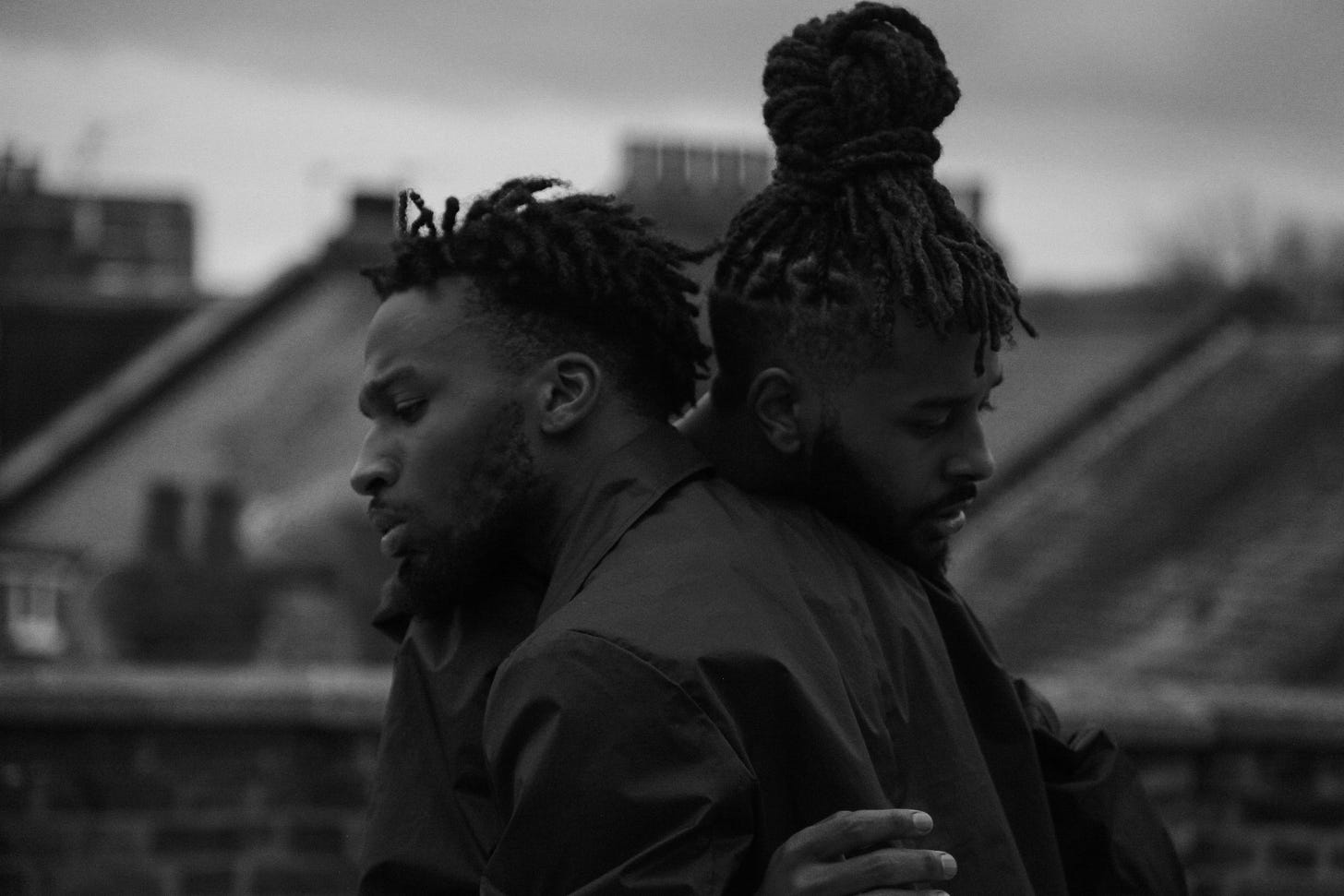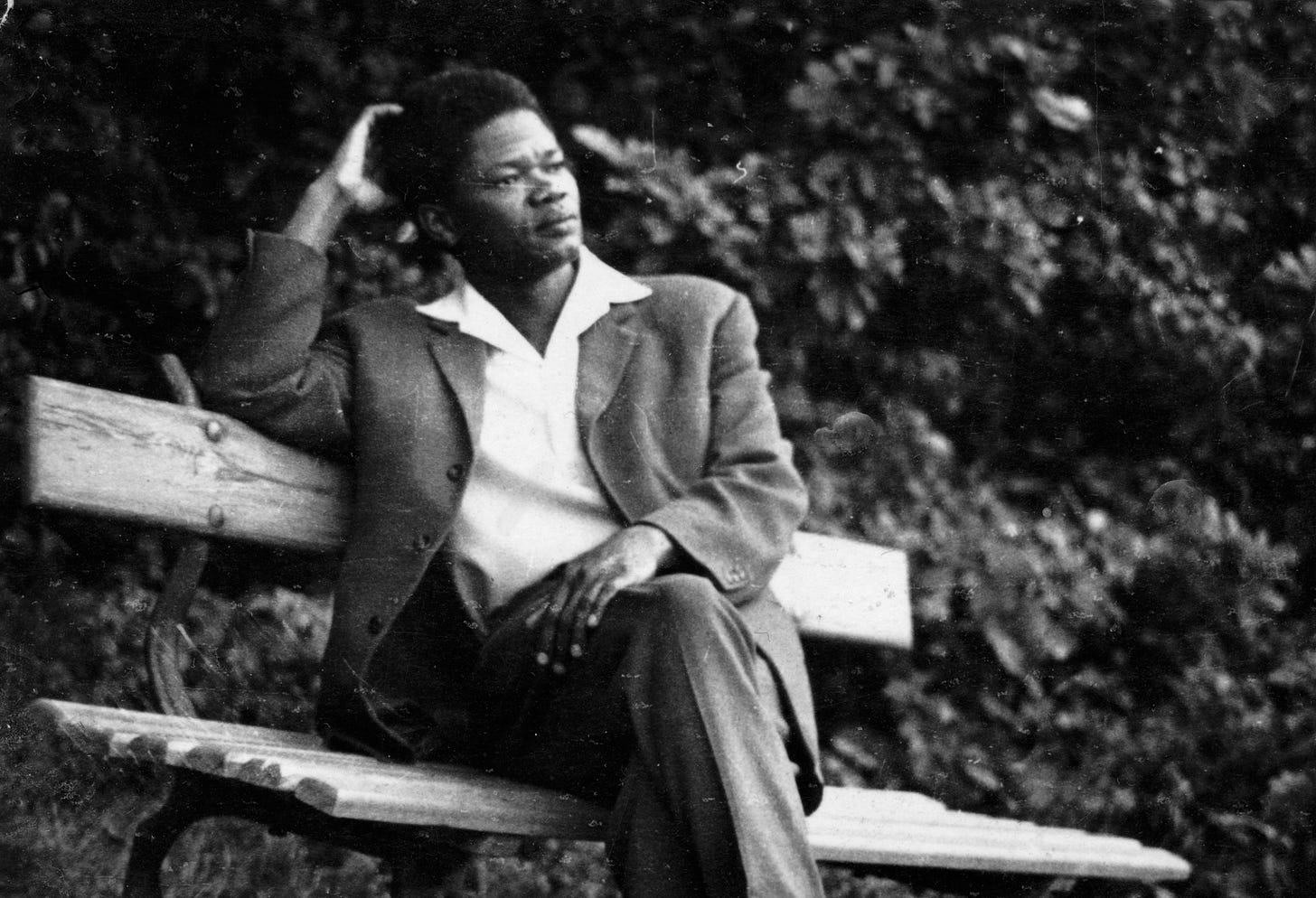Subscribe to the paid version of Magazine 43 and get to know artists to watch out for, upcoming exhibitions from world renowned art galleries, and international art programs, or you may also donate to support the arts.
euro-scene, 2021 | Leipzig, Germany
Contributor: Maeshelle West-Davies
Just who are you? Are you a product of your upbringing? Your environment? Your life experience? Your genetic make up? How have gender, sexuality and skin color affected the process of self-identification?
Aren't we all just trying to figure out who we are and where we fit in? euro-scene dance and performance festival in Leipzig, Germany turned 31 this year and it's new director, Christian Watty has given the festival a fresh identity. His aim is to give a platform to current and innovative works that reflect where we are at this point in time. The six day festival presents 12 to 14 European works in an effort to spark discussion. It definitely gave me lots to think about.
London-based collective Fubunation's "Ruins" featured a 40 minute duet in which two male dancers were very rarely not touching. I kept thinking it had to stop at some point, but I would have been sorely disappointed if it had. And it's that codependency I was meant to feel. The piece dissected the concept of masculinity within the Pan-African diaspora. Respect, loyalty, support and compassion were all there. It was rich in complexity and excellently executed. There are so many beautiful moments. I was particularly moved when one is lifting the other as if he were a feather. They did this over and over again in numerous ways. It is so effortless to help your brother and so easy to relax into weightlessness. But what can lift you up can sometimes hold you back. If you leave, are you a success or a traitor? Waddah Sinada and Rhys Dennis reveal the inner workings of these dilemmas with an insight that can only come from personal experience. The piece ends with one man standing on the other's chest.
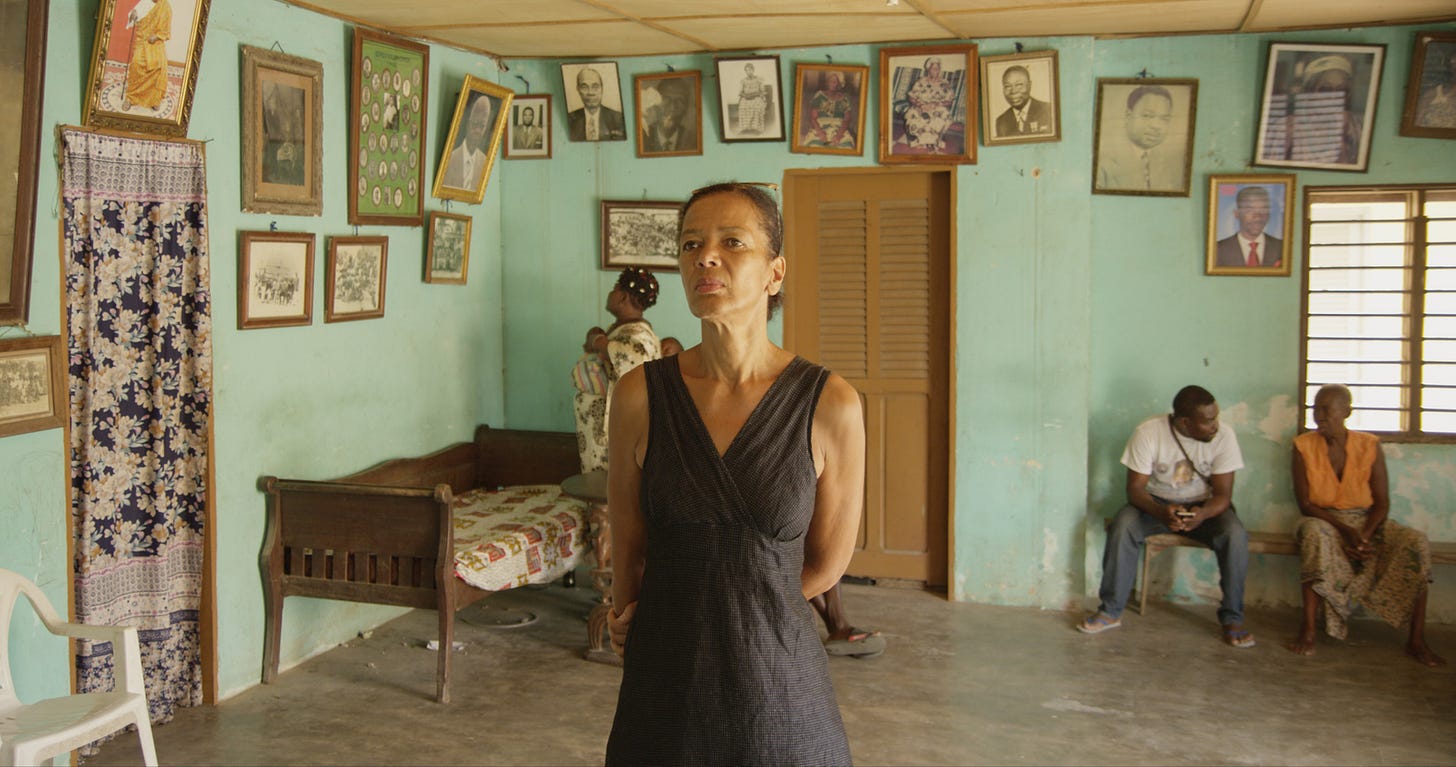
Ines Johnson-Spain did not have the benefit of community. She was told her skin color was the result of "eating too many carrots." Whenever her parents left the house, she and her brother were only allowed to play in their rooms. The other doors were locked. Of course her brother figured out how to unlock the doors. That's how she found the papers in her father's desk. It was the first time she saw the name of her biological father, Lucien. And that's when she found out she was black. Lucien was from Togo. "Becoming Black" is a documentary in which she tells of growing up in East Germany in the 60s. The film looks at the complications associated with the affair and the way society looked at children born of mixed race. It also shows her trip to Togo at 27 to find out who she was and how she was received there. It is at times heart breaking and at others heart-warming, but always fascinating.
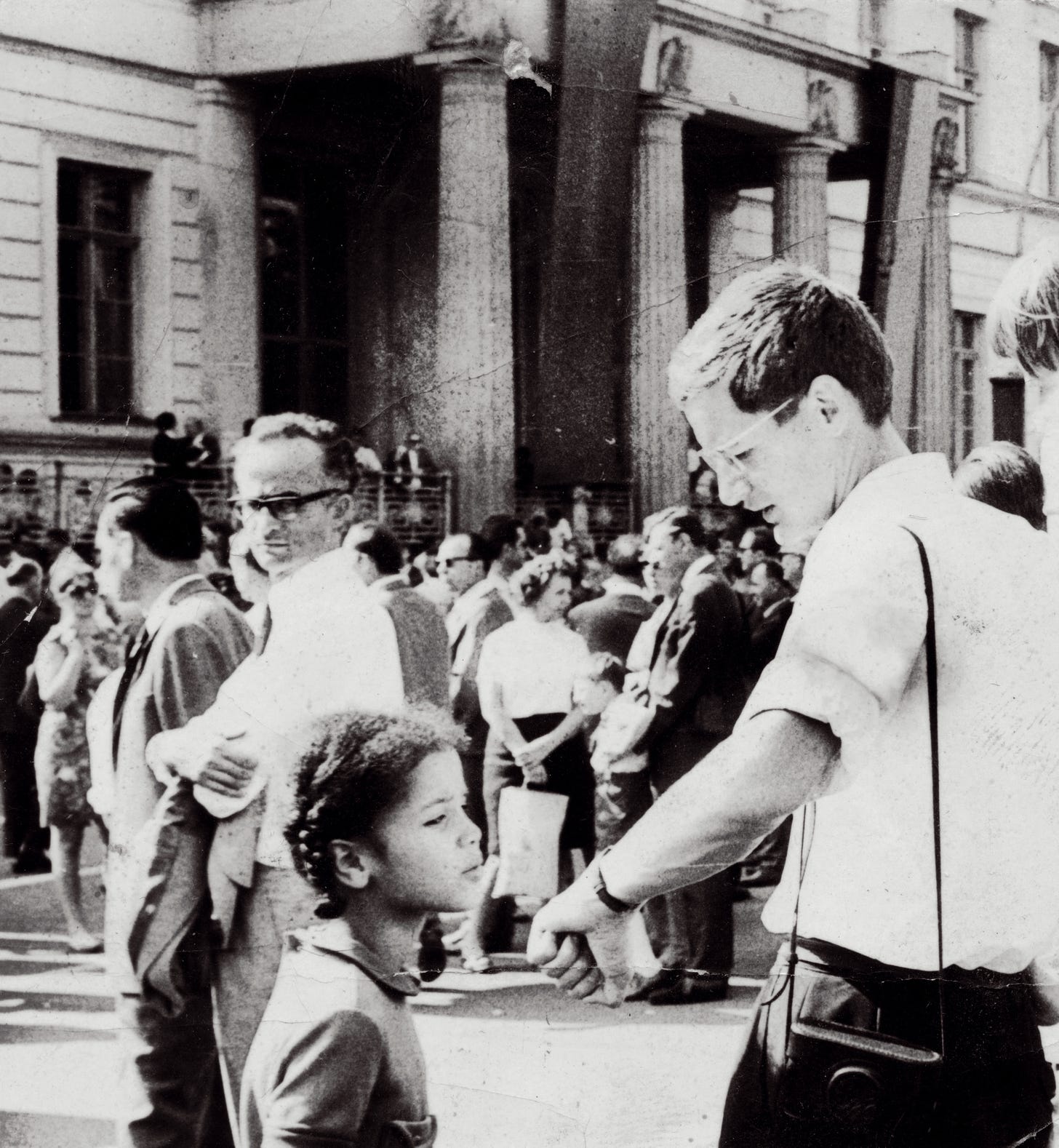
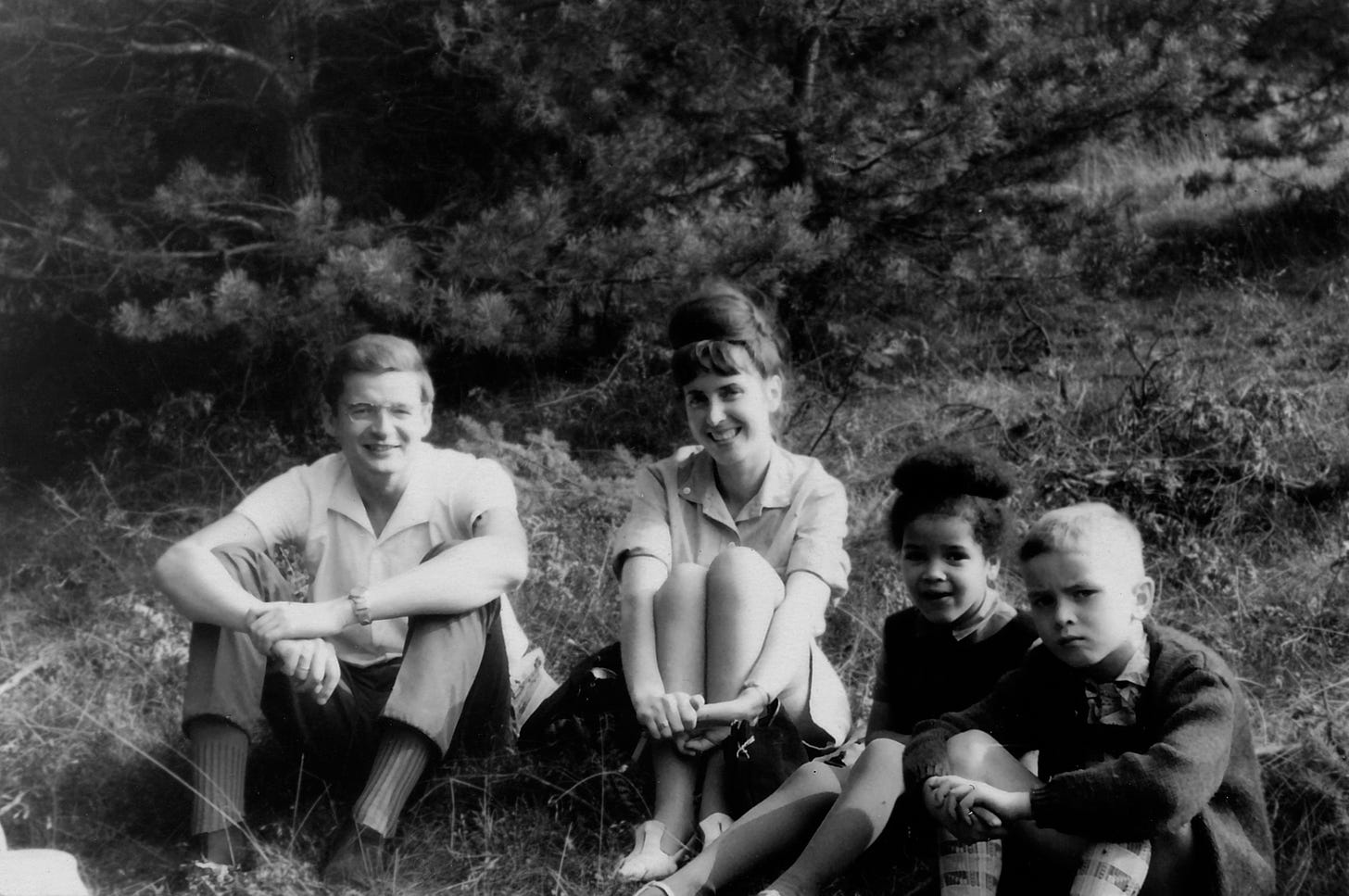
Europe is just starting to come to terms with the effect their Colonial past continues to have. There is a long way to go. The first step is to listen. Thank you euro-scene for letting me listen.
What is euro-scene?
euro-scene Leipzig takes place every year at the beginning of November and presents 12 to 14 dance and theater pieces from, and about, Europe over six days. The program focuses on current theater and innovative dance as well as the latest forms of performance presentation: courageous, contemporary, socially engaged pieces and politically relevant works, as well as performances that touch sensually or emotionally, impress aesthetically and offer discussion material for a subsequent exchange between the audience and the artists.
(source: https://euro-scene.de/en/)
About the contributor:
Maeshelle West-Davies has been writing about arts and culture in print and online publications since 2012. Her pieces are informative with a personal touch that feels more like a lunch conversation than a text book. These are less a review and more of a shared experience. An artist herself, she digs deep to give context to works, making correlations between the creators, history and society.




